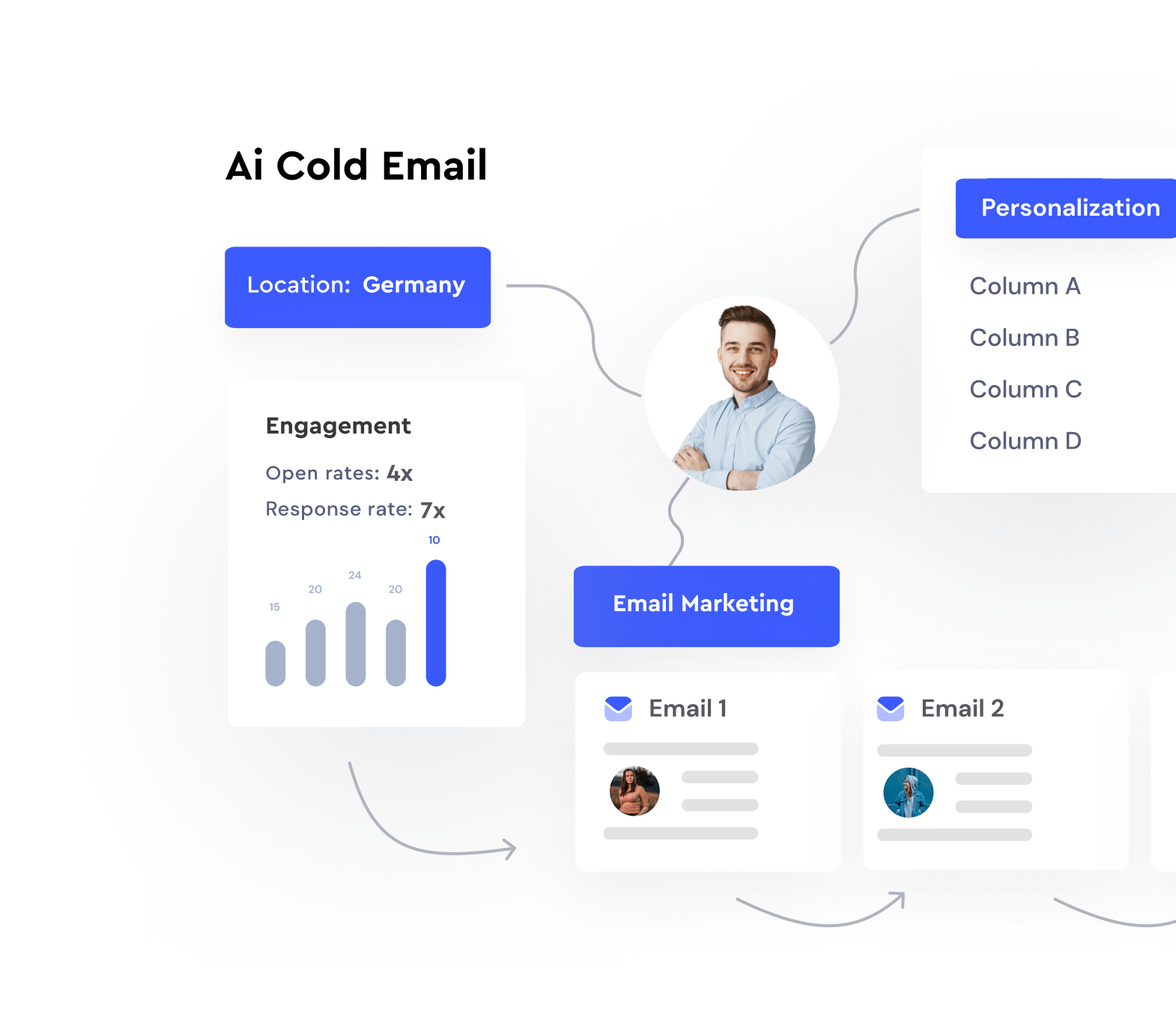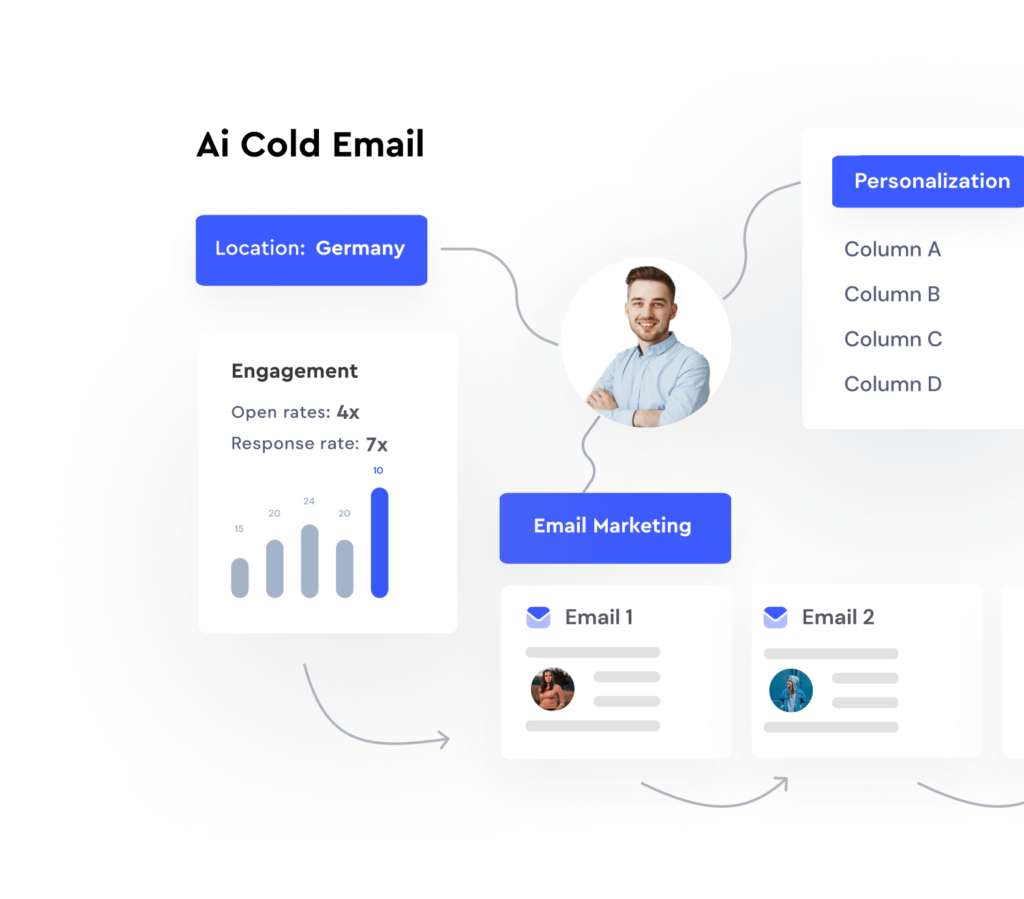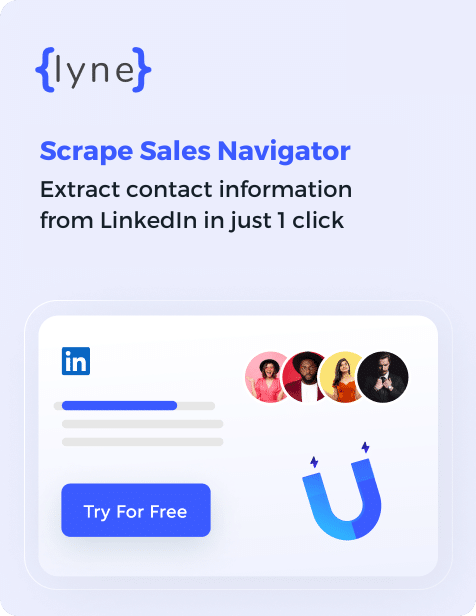What Does SQO Mean? A Definition of Sales Qualified Opportunity
Updated: December 19, 2021
Contents
Sales Qualified Opportunity (SQO) is an acronym that stands for “Sales Qualified Opportunity”. It is used by the salesperson to report how they’ve qualified their potential customer with what you can offer them. If they are not a good fit, the salesperson will reject them outside of your Salesforce or CRM system. Here are some key concepts about SQOs, and how they help you grow your business.
What does SQO mean?
One of the main reasons SQO is important is that it is a qualifying metric. It allows salespeople to define their customers with specific qualifications. These qualifications are important because they help the salesperson know where they stand with their potential customers.
If they reject a customer, they can provide their sales manager with more information about why they reject the customer. This information will help the sales manager know their salesperson better and make changes to their strategy if necessary.
SQOs also help companies grow because it helps them determine what the potential customer’s needs are. The company can then determine what they can do to help the customer have a better experience.
In addition, SQOs help companies grow because they allow them to report on their customer’s experience. If a customer goes through a bad experience, the company can use that feedback to improve their product or service and provide a better experience for future customers.
Why is it important to track your SQOs?
If you are a business that depends on the success of your sales team, then it’s important to track your SQOs. Tracking your SQO will let you know which methods of marketing have been the most successful for your company.
For example, if you find that a majority of your SQOs come from LinkedIn, you might want to create a LinkedIn page for your business as a way to further promote yourself on this social media platform.
It is also helpful to track your SQOs so you know which types of leads are the most valuable. Maybe some leads are more valuable than others, and if you didn’t track them, you might miss out on a lot of potential revenue.
SQOs can also help you identify the best lead generation sources for your company. By inspecting these leads, you can see which methods are most successful and work to improve those methods.
Tracking your SQO also helps you see which marketing mediums are most effective for your audience. For instance, if you find that a majority of your leads come from email marketing, you will know to focus on these leads and improve your email marketing strategy.
How do you qualify your opportunities?
Sales qualified opportunity is an acronym that stands for “Sales Qualified Opportunity”. It is used by the salesperson to report how they’ve qualified their potential customer with what you can offer them. If they are not a good fit, the salesperson will reject them outside of your Salesforce or CRM system.
You can think of it like this:
Sales qualified opportunity (SQO)
SQO is an acronym that stands for “Sales Qualified Opportunity.”
SQO is used by the salesperson to report how they’ve qualified their potential customer with what you can offer them. If they are not a good fit, the salesperson will reject them outside of your Salesforce or CRM system.
You can think of it like this:
SQO- Sales Qualified Opportunity
SQO is an acronym that stands for “Sales Qualified Opportunity.”
SQO is used by the salesperson to report how they’ve qualified their potential customer with what you can offer them. If they are not a good fit, the salesperson will reject them outside of your Salesforce or CRM system.
What is the difference between an SQO and a lead?
A lead is an unqualified contact that is just interested in your business. You want to qualify them with what you offer, and if they’re not a good fit, reject them. This way, you can use your time to focus on prospects that are qualified.
An SQO is a qualified prospect that has been qualified with what you offer, and is a good fit for your business. They can be added to your Salesforce or CRM system as a lead, and then converted into a customer.
This way, you can focus on qualified prospects that are a good fit for your business. If they’re not a good fit for you, reject them and convert them into a lead. This way, you can use your time to focus on prospects that are qualified.
Conclusion
The conclusion of this article is that Sales Qualified Opportunities can be a great way to define your SQO’s. They are a way to show how many prospects have qualified themselves as a possible customer, and you can use this to grow your business. In addition, the conclusion of this article is that you should use Sales Qualified Opportunities to define your SQO’s.

Personalize cold emails at scale without the hard work
Personalize at Scale with Lyne.ai
Lyne offers sales personalization and automation at scale






